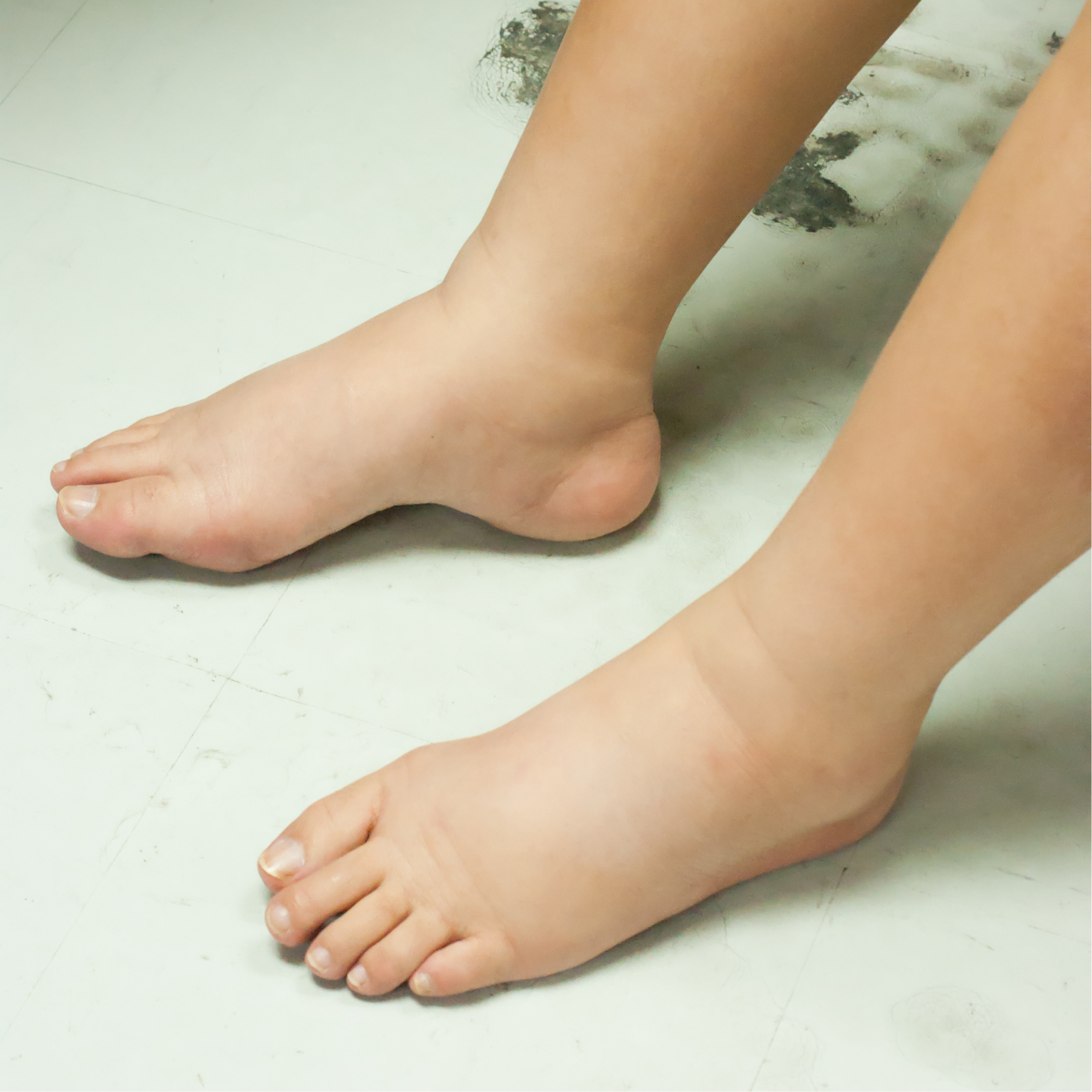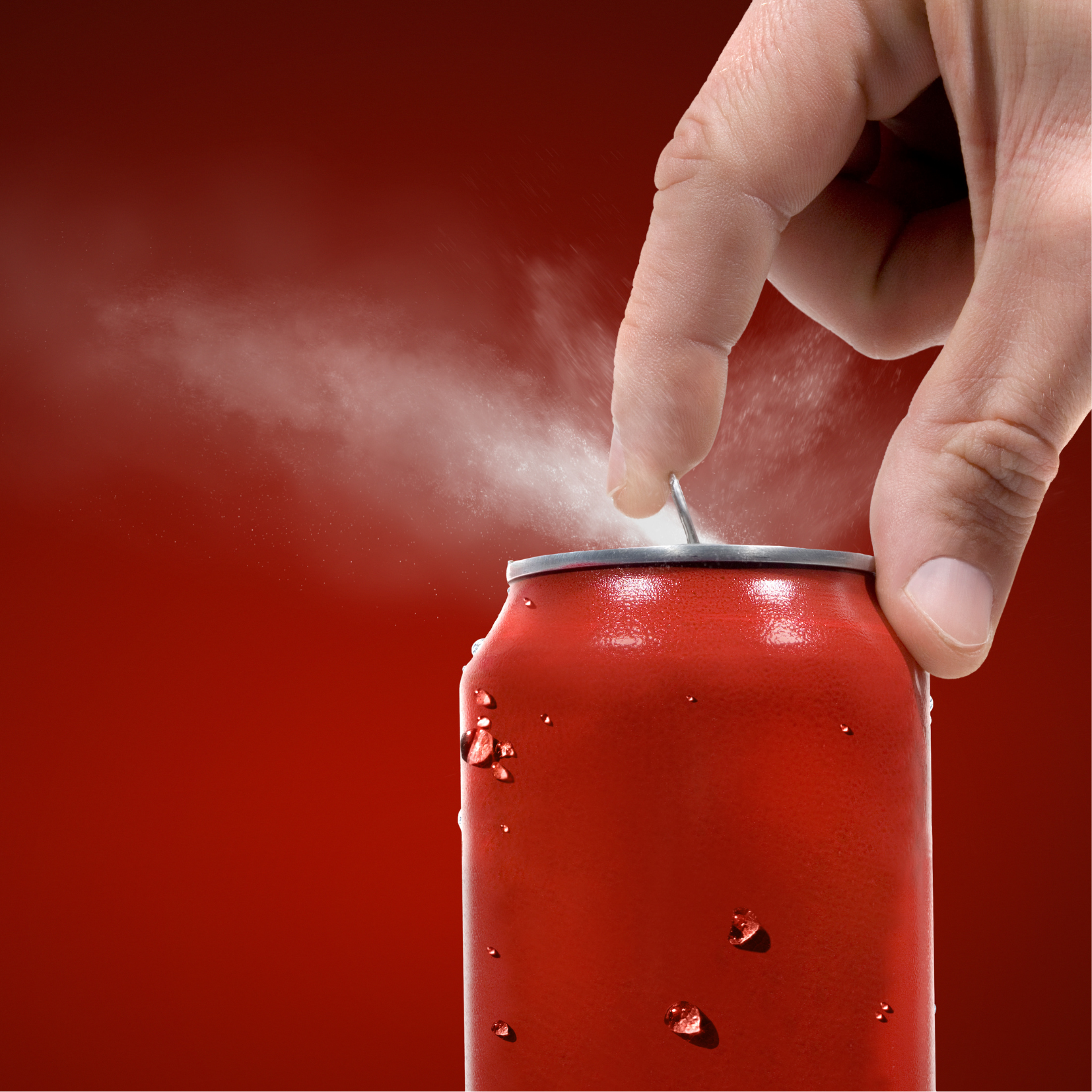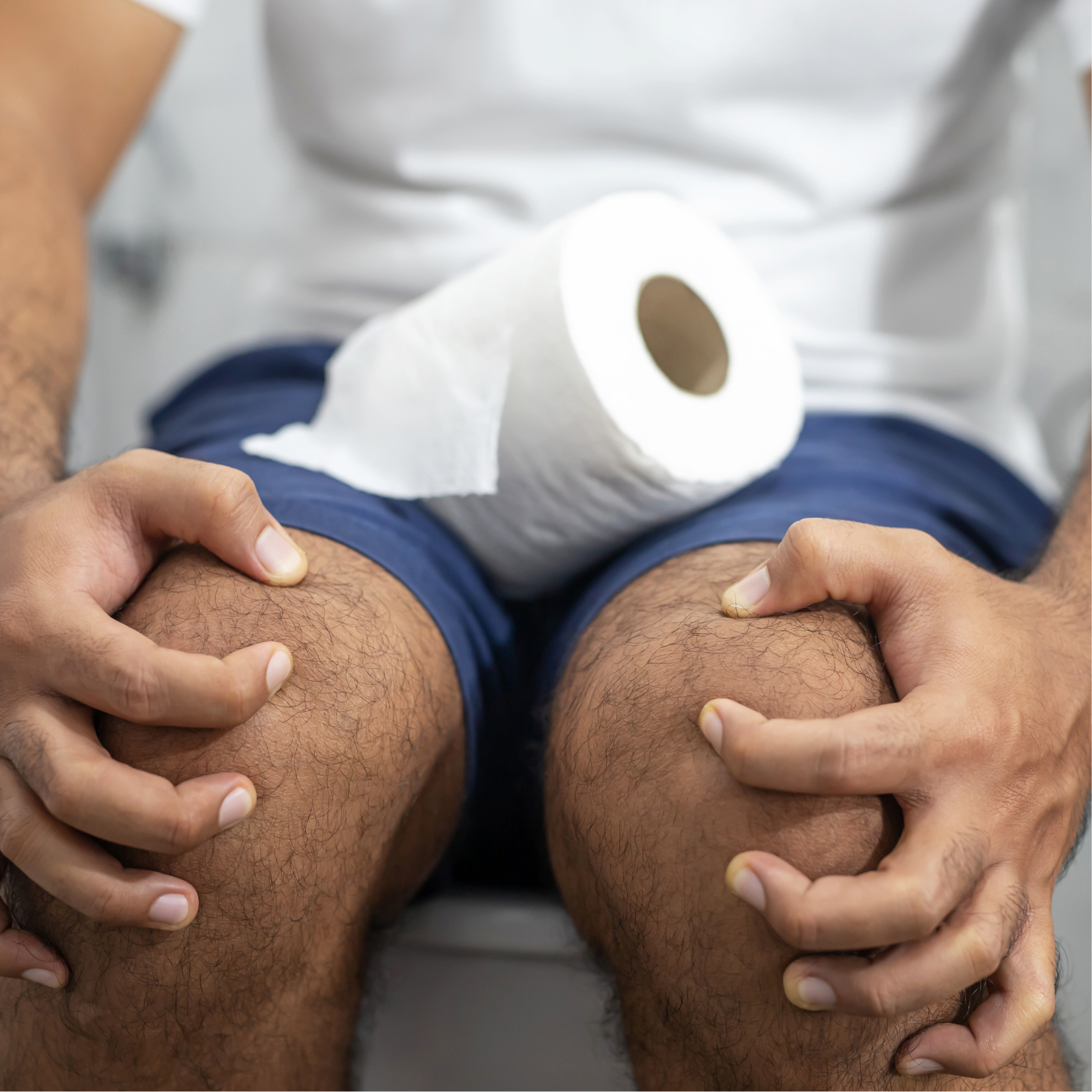Bloating and Hunger
Feb 07, 2022
Abdominal bloating is a seemingly harmless and prevalent issue that brings people into my office.
As a board-certified Gastroenterologist and Functional Medicine doctor, I will tell you that this seemingly benign issue can be exceptionally complicated and confuddle the most competent of doctors.
Therefore, to understand the complexity of bloating outside of being hungry, let’s break the causes down into simple, easy-to-understand buckets.
Bloating from Fluid Retention
 This first issue is that of fluid retention. Generally speaking, bloating is described by most as fullness or tightness around the belly. I have also had patients express feeling pregnant or having a hard time fitting into their pants.
This first issue is that of fluid retention. Generally speaking, bloating is described by most as fullness or tightness around the belly. I have also had patients express feeling pregnant or having a hard time fitting into their pants.
Though weight gain can be a cause, sometimes an increase in one’s weight is not due to fat or adipose tissue but somewhat fluid.
When someone ingests an electrolyte called sodium, these molecules will enter the cell, and due to a magical force called osmosis, water will trail behind. Therefore, eat a salty meal, and maybe your ring doesn’t fit so well. The same can be true around your middle, making you feel bloated.
There are also conditions in which you retain sodium and, therefore, fluid. These include heart failure, cirrhosis of the liver, and kidney disease. Linking to each situation, you can also retain pockets of fluid in the belly cavity, termed ascites.
Bloating Due to Fluid in the Abdomen
 Ascites occurs from any of the above conditions, certain infections like tuberculosis and even cancer. Given this vast number of causes, identifying this condition as the cause of bloating is important using some imaging. Then, it is common to sample belly fluid to determine the cause. Treatments include draining the fluid, watching salt intake, and water pills.
Ascites occurs from any of the above conditions, certain infections like tuberculosis and even cancer. Given this vast number of causes, identifying this condition as the cause of bloating is important using some imaging. Then, it is common to sample belly fluid to determine the cause. Treatments include draining the fluid, watching salt intake, and water pills.
Yet the waterworks don’t stop there. You can also retain fluid in your skin and fat tissue, termed edema. In certain hormone disorders like high cortisol levels, low thyroid function, brain conditions, and malnutrition, this fluid cannot stay in your blood vessels and weeps into the fat or skin, making people feel bloated. Again, having suspicion and a proper workup will lead this cause of bloating to be discovered.
Now that we have explored fluid as a cause of bloating and hunger let’s dive deep into my organ system of choice, the gut.
The Gut Causing Bloating and Hunger
Bloating can be caused by the foods you eat, lack of hydration, etc. Yet having hunger with bloating means one of two things
• You have too much air coming in your gut
• You cannot get the air out
As far as too much air goes, sometimes you need to look no further than in the mirror.
 Aerophagia is the process by which people engulf air subconsciously into the GI tract. This air swallowing can occur in psychological and nervous conditions and in people who eat too fast or drink carbonated beverages. To avoid this, SLOW DOWN and chew 30 times, just like mom told you.
Aerophagia is the process by which people engulf air subconsciously into the GI tract. This air swallowing can occur in psychological and nervous conditions and in people who eat too fast or drink carbonated beverages. To avoid this, SLOW DOWN and chew 30 times, just like mom told you.
Slowing your meal down is called mindful eating and allows a better connection between your gut and brain. Trust me, this can relax both, plus you get to build community and ENJOY your food more!
You can also have more air in the GI tract due to interactions with the gut and you! As a general way of further diving into this interaction, let’s break bloating in the gut into:
• Inflammatory conditions
• Maldigestion
Inflammatory Conditions Make You Feel Bloated
Inflammation involves the activation of your immune system and the release of pro-inflammatory molecules called cytokines. This inflammation can occur in autoimmune conditions like lupus, Crohn’s disease or even response to ingestion junk food termed leaky gut syndrome. The result is that these inflammatory cytokines cause your blood vessels to weep fluid and make you feel awful and bloated.
You can reduce inflammation in your body by avoiding the ingestion of foods filled with chemicals and additives. There are also means by which you can reduce inflammation in the gut specifically.
Anti-inflammatory botanicals include: • Turmeric
• Turmeric
• Ginger
• Bromelain
• Devil’s Claw
• Boswellia
• Quercetin
• Cayenne
You can also get anti-inflammatory properties by drinking green tea (due to a compound called ECGC) and, of course, omega-3 fatty acids.
Maldigestion is a Very Common cause of Bloating and Hunger
On the other hand, maldigestion is due to poor interaction between the food you eat and your GI tract, often involving fermentation of your foodstuff to cause gas and bloating. However, you also feel hungry. These food products are not digested appropriately and therefore not absorbed to fulfill the nutrient or calorie job they intend to perform, leaving you whole.
Maldigestion can occur from issues with any of the following digestive processes:
• The stomach not producing acid, such as with antiacid medications, and hypochlorhydria (low acid production)
• The Bile ducts not releasing bile acids from stone disease
• The pancreas not making pancreas enzymes as in exocrine pancreatic insufficiency (EPI) from chronic pancreatitis or cancer
• The microbiome being shifted toward harmful bacteria (dysbiosis) or being in the wrong place (small intestinal bacterial overgrowth)
• The bowel not being able to absorb nutrients due to inflammation (Crohn’s disease), surgery, radiation, or infections
The most important thing to recognize in this condition is testing the stool and blood and ensuring you heal or replace the dysfunctional process. I will often administer betadine hydrochloric acid, ox bile, and pancreatic enzyme supplements to improve digestion.
Other helpful supplements include prebiotics (fiber) and probiotics in doses of 10 billion colony forming units daily of Lactobacillus, Bifidobacterium bacteria, and Saccharomyces yeast.
Mucosal inflammation can also heal by the group mentioned above of botanicals.
Constipation Bloating from Air Out
 Finally, bloating and hunger can occur when you cannot expel waste products or gas through constipation.
Finally, bloating and hunger can occur when you cannot expel waste products or gas through constipation.
Constipation can be idiopathic, meaning no cause, but it can also be from organic diseases. Most concerning is colon cancer, which can encompass 0.4% of people who suffer from constipation. Should you be concerned about this or have never undergone a colonoscopy, please see your friendly neighborhood GI doc.
For the rest of you, constipation can result from poor hydration, fat intake, inadequate fiber (meaning veggies). Also, you can have issues with the slow movement of the bowel from neurologic disease or medications (like opiate pain meds). Constipation can also result from pelvic floor issues like prolapse from radiation, surgery, trauma, and obstetric injury. In addition to fiber, water, and after ruling out cancer with a colonoscopy, you can try over-the-counter osmotic laxatives like polyethylene glycol.
Summary
Bloating is a widespread reason for people to enter my office, often paired with a feeling of hunger. This symptom can be fluid retention in or around the belly cavity or from issues within the gut such as inability to get air out or too much air within the gut.
Furthermore, excess air in the Gi tract can be from the consumption of air with eating or gas production within the gut.
When air is not the culprit, look to inflammatory conditions or issues with digestion, termed maldigestion. The key to determining the cause is with a proper diagnostic workup, and then you can rid your life of bloat through an appropriate diet and a little help from botanicals.







